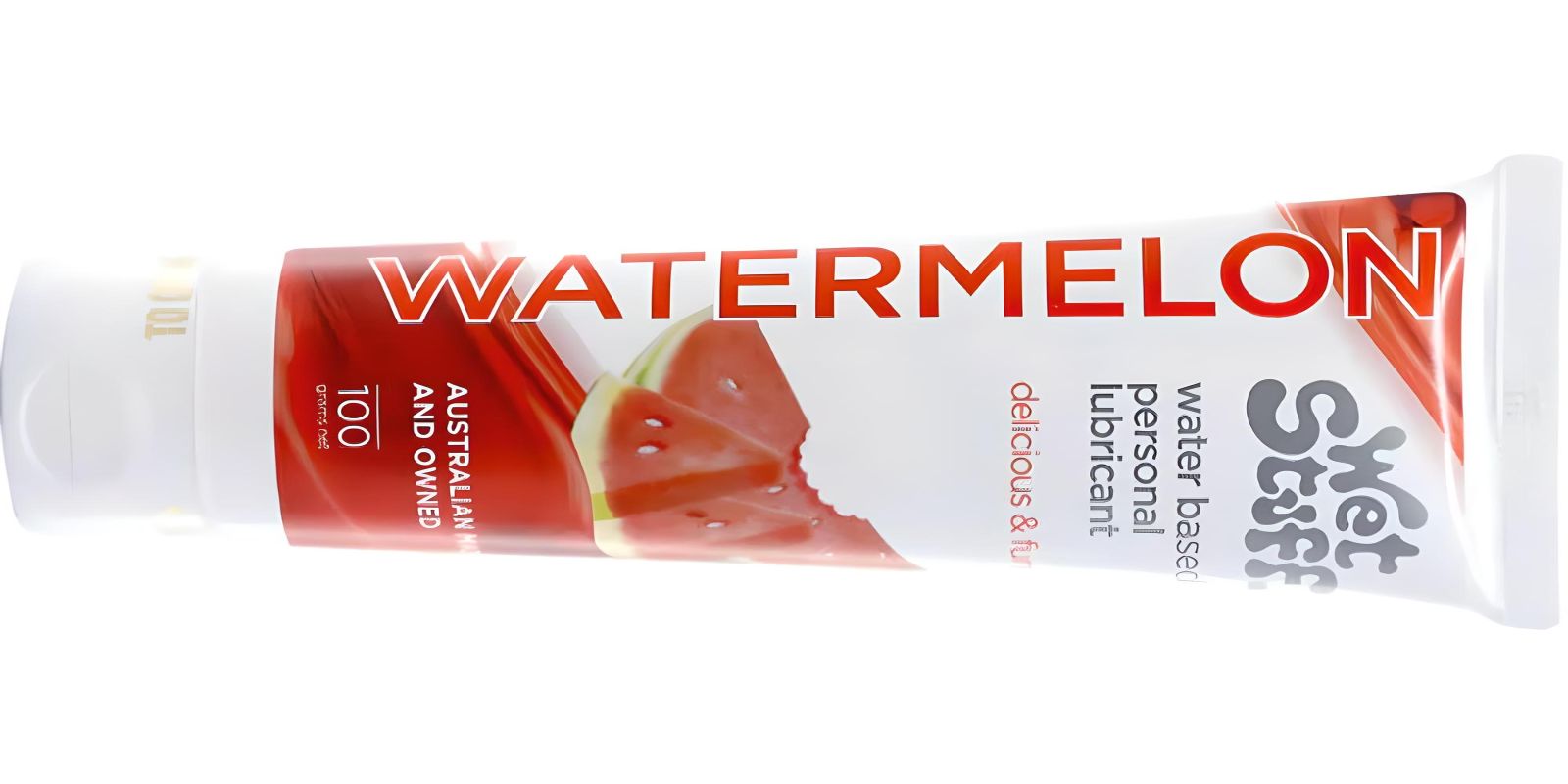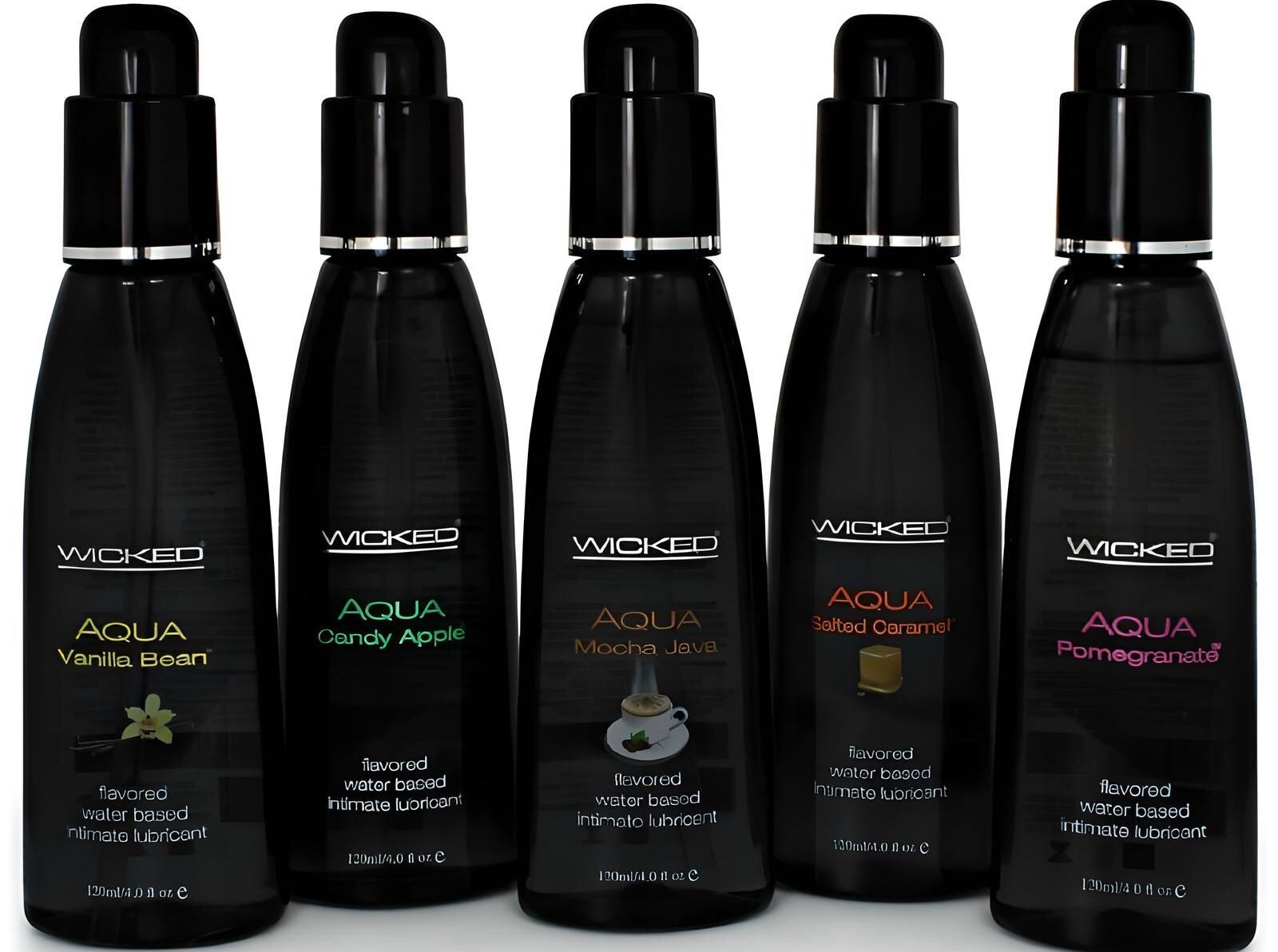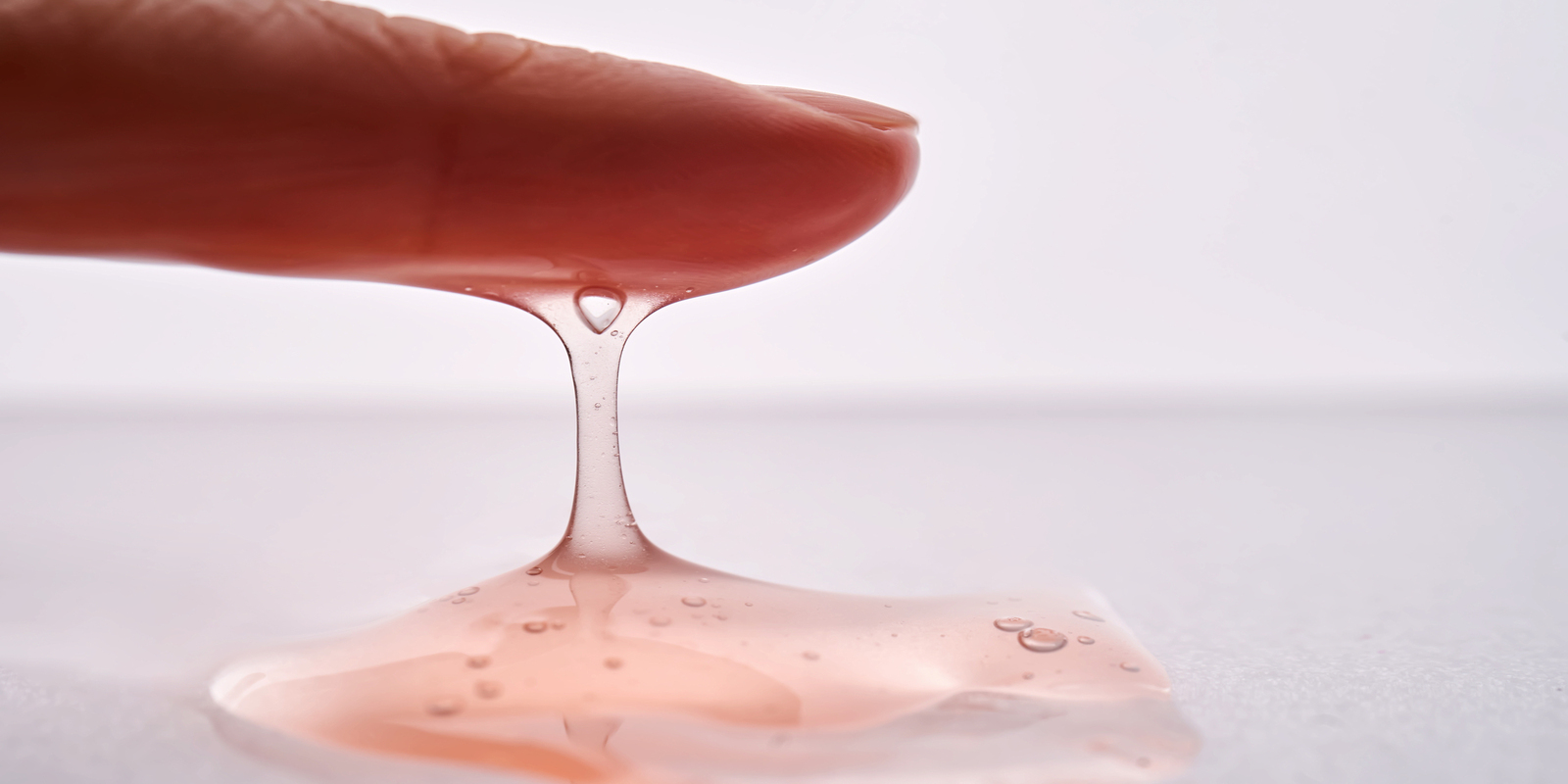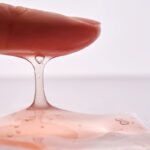Understanding the Different Types of Lube for Better Intimacy
Lubrication is essential for enhancing comfort and pleasure during intimate moments. The right product reduces friction, prevents discomfort, and elevates sexual experiences. With so many types of lube available, choosing the best one can make all the difference. If you need extra moisture due to vaginal dryness or want to explore new sensations, using a high-quality lubricant improves intimacy and overall satisfaction.
Since there are various lubricants on the market, selecting the right one can feel overwhelming. Water-based, oil-based, and silicone-based lubes each offer unique benefits and potential drawbacks. Some work better for specific activities, while others cater to personal preferences, sensitivities, or even fertility considerations. Choosing the best lubricant depends on factors like skin compatibility, condom use, and ease of cleanup.
This guide explores the three main types of personal lubricants, detailing their characteristics and ideal uses. If you’re trying lube for the first time or looking to upgrade your experience, understanding the options ensures you find a body-safe, high-quality product that meets your needs.
Why Lubrication Matters
Natural lubrication is essential for sexual comfort and health, but the body does not always produce enough moisture. Stress, hormonal shifts, medications, and menopause can reduce natural lubrication, leading to discomfort, irritation, or even pain during intimacy. When sex becomes uncomfortable, it can affect confidence, connection, and overall enjoyment.
Personal lubricants solve this issue by reducing friction and enhancing comfort. They are not only for dryness. High-quality lubes add a smooth, silky sensation that makes intimacy more pleasurable. The right lube can also prevent microtears, which may increase the risk of irritation or infections. By creating a protective barrier, lubricants make sex more enjoyable and safer.
Finding the best lubricant means choosing one that aligns with your needs. Some lubes work better with condoms or toys, while others offer long-lasting glide or natural ingredients for sensitive skin. If you are unsure where to start, exploring 101 personal lubricants can help you discover the best options for your preferences. Picking the right types of lube can turn an uncomfortable experience into one that feels effortless, pleasurable, and completely stress-free.
The Different Types of Lubricants
Types Of Lube – Water-Based Lubricants
Water-based lubricants are among the most popular and versatile options. Their lightweight texture, smooth consistency, and broad compatibility make them a go-to choice for many. Since they contain no oils or silicone, they work well for various activities and are easy to clean.
Benefits of Water-Based Lubricants
One of the biggest advantages of water-based lubes is their compatibility with condoms. They are safe to use with both latex and non-latex options, making them a reliable choice for protected sex. They are also ideal for use with sex toys, including those made of silicone, glass, or metal, without causing damage or buildup.
Another key benefit is easy cleanup. Water-based lubes are water-soluble, meaning they rinse off effortlessly with water and won’t leave stains on clothing or sheets. Unlike oil-based options, they do not leave a greasy residue, making them a mess-free choice for spontaneous moments.
For those with sensitive skin, water-based lubricants are often the best option. Many formulas are designed to be gentle, free from harsh ingredients, and pH-balanced to minimize irritation. They provide long-lasting glide while remaining body-safe and non-irritating.
Drawbacks of Water-Based Lubricants
One downside of water-based lubes is that they dry out faster than other types. Since they are water-based, they absorb into the skin and evaporate more quickly, sometimes requiring frequent reapplication during longer sessions.
Some formulas can also leave a sticky residue as they dry. This varies depending on the brand and ingredients, but some users may find the texture slightly tacky after prolonged use. Choosing a high-quality formula can help reduce this issue.
Best Uses for Water-Based Lubricants
Water-based lubricants are an excellent choice for first-time users due to their simplicity and versatility. They offer a comfortable and familiar feel, making them a great starting point for exploring different types of lube.
They are also ideal for individuals experiencing vaginal dryness, as many formulas provide moisture without irritation. Whether dryness is caused by hormonal changes, medications, or other factors, a water-based lube can help enhance comfort and pleasure.
Anyone who prioritizes easy cleanup and broad compatibility will benefit from a water-based lubricant. Since they work well with most condoms and sex toys while rinsing off effortlessly, they are a practical and convenient choice for regular use.
While they may require occasional reapplication, the benefits of this type of lube make it one of the most widely recommended options for enhancing intimacy.

Types Of Lube – Oil-Based Lubricants
Oil-based lubricants offer a rich, silky texture and are known for their long-lasting glide. They are typically made with natural oils such as coconut oil, almond oil, or mineral oil, providing a luxurious and moisturizing feel. Since they do not evaporate quickly, they offer extended lubrication, making them a popular choice for those who prefer fewer reapplications.
Benefits of Oil-Based Lubricants
One of the biggest advantages of oil-based lubes is their long-lasting performance. Unlike water-based options, they do not absorb into the skin as quickly, meaning they provide prolonged lubrication without frequent reapplication. This makes them ideal for extended intimacy and activities that require continuous glide.
Their rich, silky texture adds a luxurious feel, making them an excellent choice for sensual massages and slow, intimate experiences. Many natural oil-based formulas also moisturize the skin, leaving it feeling soft and nourished after use.
For those who prefer natural ingredients, many oil-based lubricants are free from synthetic additives, parabens, and glycerin. Options like coconut oil and jojoba oil offer a plant-based alternative to conventional lubes, appealing to users who prioritize organic products.
Drawbacks of Oil-Based Lubricants
Despite their long-lasting glide, oil-based lubes come with some significant limitations. The biggest drawback is that they are not safe for use with latex condoms. Oils degrade latex, increasing the risk of condom breakage, which can lead to unintended pregnancies or exposure to sexually transmitted infections.
Another potential concern is the risk of vaginal irritation. Oil-based lubricants can disrupt the vagina’s natural pH balance, potentially leading to irritation or increased susceptibility to infections such as bacterial vaginosis or yeast infections. Those prone to sensitivities should choose a formula specifically designed for vaginal use or opt for a different type of lube.
Oil-based lubes are also harder to clean compared to water-based options. Since they are not water-soluble, they do not rinse off easily with just water and may leave behind a residue. They can also stain fabrics, making cleanup more challenging. Using mild soap and warm water can help remove any leftover product from the skin.
Best Uses for Oil-Based Lubricants
Oil-based lubricants are best suited for external use, such as sensual massages or manual stimulation. Their thick, creamy consistency makes them ideal for full-body touch and intimate foreplay, creating a more indulgent experience.
They are also a great option for individuals seeking prolonged lubrication who are not using condoms. Those engaging in activities that require long-lasting moisture without frequent reapplication may find oil-based lubes to be a perfect match.
While they may not be the best choice for internal use with condoms, their rich texture and lasting performance make them a favorite for those who enjoy a more luxurious and natural feel during intimacy.
Types Of Lube – Silicone-Based Lubricants
Silicone-based lubricants are known for their unmatched staying power and silky-smooth texture. They offer a velvety glide that lasts significantly longer than water-based alternatives, making them a top choice for those who prefer lubrication that does not dry out. Unlike water-based lubes, silicone does not absorb into the skin or evaporate, ensuring consistent moisture throughout intimacy.
Benefits of Silicone-Based Lubricants
One of the biggest advantages of silicone-based lubes is their extremely long-lasting performance. Since silicone does not break down quickly, it provides continuous lubrication without the need for frequent reapplication. This makes it an excellent choice for extended intimacy sessions where lasting glide is essential.
Another key benefit is that silicone-based lubes are completely waterproof. Unlike water-based options, they do not wash away in the shower, bath, or pool, making them ideal for water-based activities. Whether enjoying intimacy in the shower or a hot tub, this type of lube maintains its smooth, slick texture without being affected by moisture.
For individuals with sensitive skin, silicone lubricants are often a safe choice. Silicone is hypoallergenic and non-irritating, meaning it is unlikely to cause allergic reactions or skin sensitivity. Many formulas are free from additives like glycerin or parabens, which can sometimes trigger irritation in other lubes.
Drawbacks of Silicone-Based Lubricants
Despite their many advantages, silicone-based lubricants have some important limitations. The most notable drawback is that they are not compatible with silicone toys. Silicone lube can degrade the surface of silicone toys, causing them to break down over time. To prevent damage, it is best to use water-based lubes with silicone toys.
Another challenge with silicone lubricants is that they are harder to wash off. Since they are not water-soluble, they do not rinse away with just water. Removing them requires mild soap and warm water to break down the formula completely. While this makes them more durable in wet conditions, it can also mean more effort is needed for post-intimacy cleanup.
Best Uses for Silicone-Based Lubricants
Silicone-based lubricants are the best choice for water-based activities, such as intimacy in the shower, bath, or pool. Their waterproof nature ensures they stay effective even in wet conditions, providing continuous glide without breaking down.
They are also an excellent option for individuals with sensitive skin or allergies to common ingredients found in other lubes. Since silicone is inert and hypoallergenic, it is less likely to cause irritation, making it a great alternative for those with sensitivities.
For those seeking long-lasting lubrication without the need for frequent reapplication, silicone-based lubes provide an ultra-smooth, friction-free experience. Whether for extended intimacy sessions or water-based play, their durability and luxurious texture make them a top choice.

Fertility and the Right Types of Lube for Conception
For individuals or couples trying to conceive, choosing the right lubricant is more than just a matter of comfort. It can directly affect fertility and influence the chances of conception. While most lubricants are designed for general use, some contain ingredients that can negatively impact sperm motility or create an environment that makes it harder for sperm to reach the egg.
Certain lubes have a high osmolality or an improper pH balance, which can damage sperm or slow their movement. Many conventional lubes create a thick barrier that makes it difficult for sperm to swim effectively. Even some water-based lubricants, despite being body-safe, may contain preservatives or additives that interfere with sperm function.
For those trying to conceive, fertility-friendly lubricants are the best option. These lubes are specially formulated to mimic natural cervical mucus, maintaining the correct pH and consistency to support sperm health. They provide the necessary moisture for comfort without creating obstacles for conception. Checking labels for “fertility-friendly” or “sperm-safe” formulas ensures a lubricant is designed to support reproductive health.
Selecting the right types of lube can make a significant difference for couples trying to conceive. A sperm-safe option helps maintain an ideal environment for fertilization, increasing the likelihood of a successful pregnancy.
Why Fertility-Friendly Lubes Matter
When trying to conceive, sperm motility is one of the most critical factors for fertilization. Sperm need to move efficiently through cervical mucus and the reproductive tract to reach the egg. While many standard lubricants provide moisture and reduce friction, they are not designed to support sperm health and may actually slow or hinder sperm movement.
Fertility-friendly lubes are specifically formulated to mimic natural cervical mucus, maintaining an optimal pH and consistency that helps sperm survive and travel freely. Unlike conventional lubes, which may contain glycerin, parabens, or high osmolality levels that damage sperm, these lubes use sperm-safe ingredients to preserve motility and viability.
Studies suggest that certain commercial lubricants create a barrier that can reduce sperm movement by up to 60%, significantly lowering the chances of conception. In contrast, fertility-friendly lubes have been clinically tested to ensure they do not interfere with sperm function. They provide the moisture needed for comfort without disrupting the body’s natural environment for conception.
For couples actively trying to conceive, selecting a sperm-safe lubricant can make a measurable difference. By maintaining the right conditions for fertilization, these lubes help support a smoother and more successful journey toward pregnancy.
Key Features of Fertility-Safe Lubricants
Finding the right fertility-safe lubricant requires more than just picking a product labeled “sperm-friendly.” Not all lubes marketed for conception are created equal, so understanding key features helps ensure you are making the best choice.
A high-quality fertility-safe lube should closely mimic cervical mucus, providing a texture that supports sperm movement rather than blocking it. Look for a formula that feels slippery, not thick or gel-like, as thicker lubes may slow sperm down.
Checking the pH level is also important. The optimal range for sperm survival falls between 7.0 and 8.5, slightly alkaline to match natural conditions inside the reproductive tract. Anything too acidic can damage sperm before they reach the egg.
Equally important is a low osmolality, meaning the lube does not draw moisture away from sperm. High-osmolality lubes dehydrate sperm cells, reducing their viability. Fertility-friendly lubes are formulated to keep sperm intact and swimming freely.
Avoid glycerin, parabens, and silicone-based formulas, as these can disrupt vaginal balance and negatively impact sperm function. A truly fertility-safe lube will have a short, clean ingredient list without unnecessary additives.
Practical Tips for Fertility Lube Use
Use only a small amount to prevent excess lubrication from diluting sperm. A pea-sized drop is often enough to reduce friction while maintaining optimal sperm movement.
Choose a fertility-friendly lube that is clinically tested and doctor-recommended. Brands that undergo fertility studies and have proven sperm-safe formulations are more reliable.
Incorporate the use of ovulation tracking alongside a fertility-safe lube. Timing intercourse during the most fertile days increases the effectiveness of conception-friendly lubrication.
If either partner has concerns about how to use fertility-safe lube, consulting a fertility specialist or OB-GYN can provide personalized advice. Not all fertility journeys are the same, and getting professional input ensures you are using the best tools for conception.

The Right Types of Lube Make All the Difference: So Stay Slippery!
Let’s be honest, lube is one of the greatest inventions of all time. A little bit of the right stuff can turn a good time into a great time. But not all lubes are created equal, and picking the wrong one can lead to a slippery mess, literally and figuratively.
Water-based lubes keep things simple, easy to clean, and toy-friendly. Oil-based options feel luxurious but can turn your sheets into a crime scene if you’re not careful. Silicone lubes? Absolute magic in the shower, but good luck getting them off without a full scrub-down.
If you’re trying to make a baby instead of just practicing, picking the right lube is even more important. Some lubes actually slow sperm down like they’re running through quicksand. Fertility-friendly lubes keep everything moving in the right direction, giving you one less thing to worry about.
At the end of the day, the best lube is the one that makes you feel good, keeps things comfortable, and fits your needs. Whether you’re experimenting, spicing things up, or just making sure everything stays smooth, a good lube can be a game-changer. Stay slippery, my friends.

Meet Rick, Adultsmart’s owner with 35+ years in the adult industry. A sex blogger, advocate for gender and sexuality equality, offering a diverse product range.








Leave a Reply